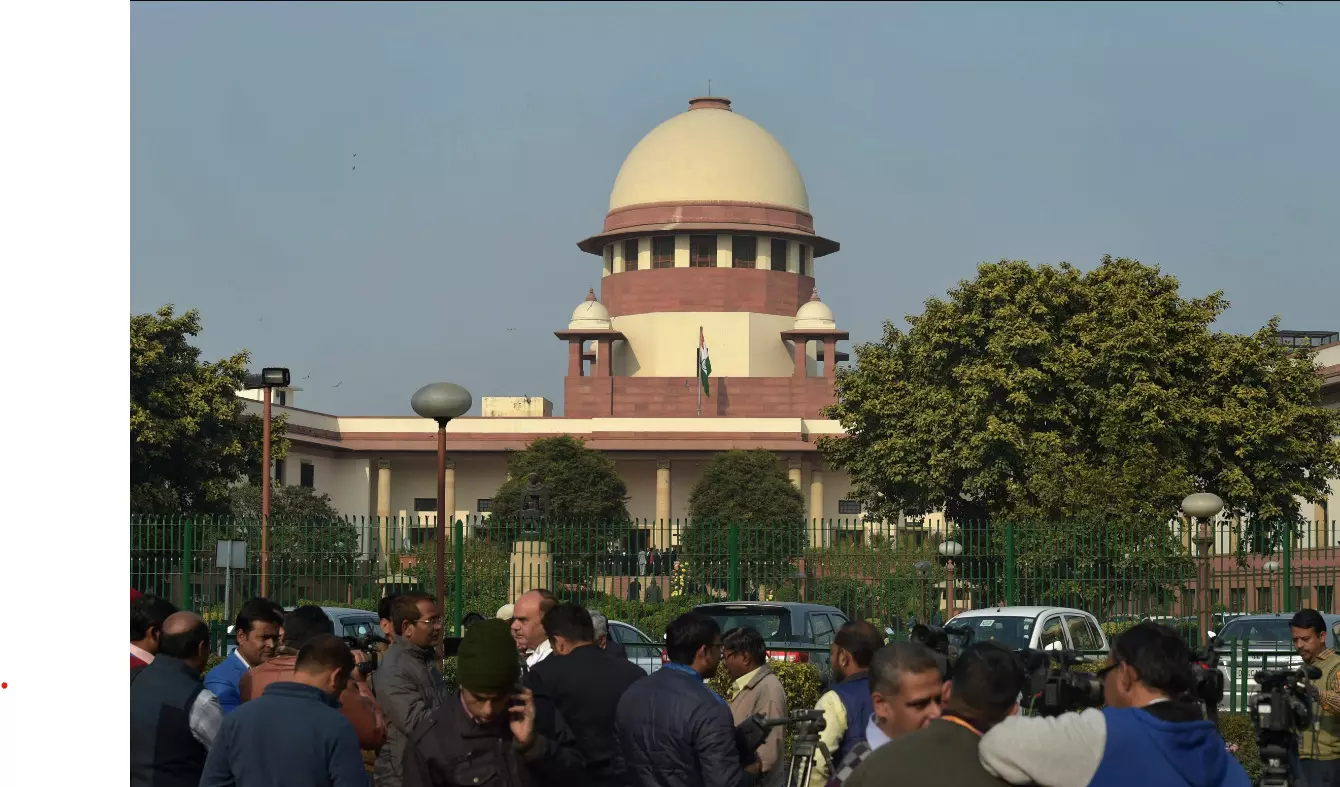Question of Faith

The debates in the Supreme Court on the constitutionality of the Waqf (Amendment) Act, 2025 have revealed the disturbing depths to which state policy may sink when guided more by majoritarian muscle than by constitutional morality. Petitioners put forth a very fundamental question—whether the State can redefine the religious significance of an institution that a community considers sacred, and in doing so, dilute their constitutional right to religious freedom and self-governance? Waqf—an Islamic endowment dedicated to Muslim divine for charitable and spiritual purposes—is by no means a peripheral practice. As senior advocate Kapil Sibal aptly told the Court, it is perhaps a religious obligation tied to the very soul of Islam, which is deeply connected to the believer’s preparation for the afterlife. The government’s argument that waqf is not an “essential religious practice” under Article 25 is both legally tenuous and spiritually intrusive. Essentiality, as Justice DY Chandrachud once said, should not become a tool for the State to sit in theological judgment.
What has alarmed Muslims and secular voices alike is not just the semantic demotion of waqf from spiritual act to secular transaction, but the coercive changes imposed upon its management. The compulsory inclusion of non-Muslims in waqf boards, though cloaked in the language of secularism, offends the essence of Article 26 of the Constitution—which provides each religious denomination the right to manage its own affairs. This appears to be an administrative overreach. At the same time, it also bears the semblance of cultural annexation. Would the government dare impose a similar directive on temple trusts or church authorities? The Court’s own rhetorical question underscores this glaring asymmetry. Even more egregious is the new stipulation that only Muslims who can prove they’ve been “practising” their faith for five years can create waqfs. This might result in a form of religious profiling. It introduces a new, bureaucratic form of gatekeeping to faith. Equally chilling is the erasure of “waqf by user”—a historically recognised practice in which endowments, often undocumented but long used for communal or religious benefit, were acknowledged by law. With the 2025 amendment, the State has extinguished this concept. Centuries-old mosques, dargahs, and burial grounds—most without formal paperwork—may now be at risk of being declared non-Waqf and potentially seized. This bureaucratic bulldozing is legalised expropriation by stealth.
Muslim organisations have rightly mobilised under the banner “Save Waqf, Save Constitution,” bringing together opposition parties and civil society groups in defence of a principle far larger than property rights. What stands before them is a battle for dignity, self-determination, and the secular character of our Republic. The parallels to the now-repealed farm laws are hard to ignore. That too was a bulldozed reform in the name of transparency, until people’s resistance brought it down. Furthermore, Waqf institutions cannot be mistaken only for Muslims. Many of them serve all communities, including students in Waqf-run colleges and beneficiaries of orphanages. To delegitimise these institutions as parochial or opaque is to deny the centuries of public good they have delivered.
The Supreme Court has reserved its order on an interim stay. It will hopefully act as the constitutional conscience of the nation. Laws passed with brute parliamentary majorities should not become instruments to homogenise faith or dismantle minority rights. In the final reckoning, the question before all Indians is not whether waqf is charity or religion. It is more about whether India retains its secular credentials or drifts further into majoritarian rule. The answer, it is hoped, will be anchored in justice and fairness.



